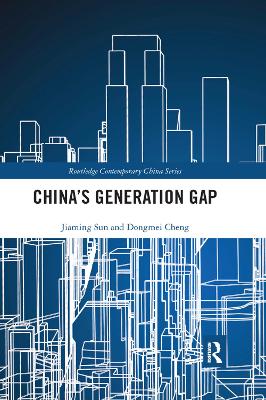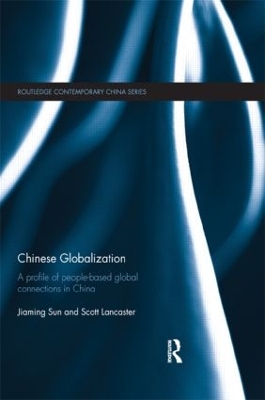Routledge Contemporary China
2 total works
Based on data collected for the Generation Gap Survey in Shanghai and updated to take into account contemporary trends, this book uses an empirical approach to study the generation gap in China. It covers various aspects of life from professional and family life to political participation and belief systems, analysing and comparing the values held by four different generations. Encompassing more than 2000 case studies and drawing on a wealth of fieldwork interviews, in particular it examines the experiences, thoughts and perceptions of adolescents, young adults, the middle-aged, and the elderly. As the largest sociological survey ever conducted regarding attitudes and value changes by different age groups in Shanghai, it highlights how social change and globalization have impacted on new generations, and the results indicate the dramatic difference and supersession of social ideologies between the generations.
A unique piece of research, shedding light on a changing Chinese society, China’s Generation Gap will be of huge value to students and scholars of Chinese culture and society, Chinese social policy, globalisation and cultural studies.
This book examines the explicit effects of global connectivity on local culture and society in post-reform mainland China. It focuses on individual level globalization in China and how global socialization impacts local residents’ behaviors, lifestyle, value orientation and the consequence of local transformation. Asking questions such as:
- What types of individual global connections have emerged and developed in China over the last three decades?
- What aspects of local transformations are influenced by such global connections?
- How does the impact of global connections vary across different aspects of local communities and institutions?
Jiaming Sun uses an original micro-level relational approach to analyse how different types of individual global connections may make a difference and constitute certain outcomes of local transformation, the outcome being that global connections are capable of facilitating local transformation across different spatial, economic, and cultural settings.

